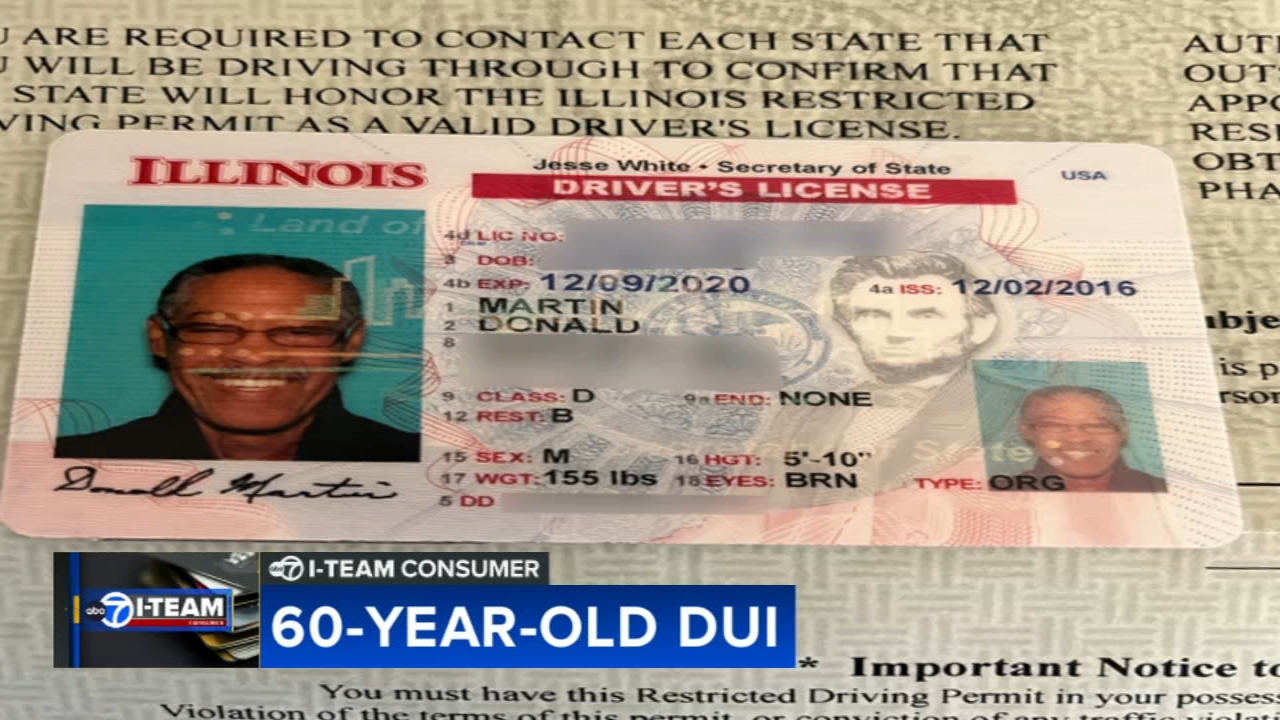How to change your travel plans amid the global COVID-19 outbreak

CHICAGO -- Need to navigate your travel plans around COVID-19, or novel coronavirus? Whether you're traveling for spring break or making summer travel plans, you may be worried about COVID-19 impacting your trip. You may be able to make change with or without travel insurance.
Nick DiUlio with InsuranceQuotes.com said you may be able to negotiate with your hotel, airline or insurance company.
"A lot of airlines and hotel chains are starting to relax their policies and reimbursing you fully if it's related to coronavirus at this time," he said.
DiUlio analyzed insurance policies and said companies may offer partial refunds, credits or rescheduling options if your destination is affected by the virus.
Some airlines, like United, announced they would waive change fees. United will do it for all tickets and all destinations for a year, if you booked between March 3 and March 31.
Additionally, United is also waiving change fees for tickets bought on or before March 2 for domestic or international travel, from March 10 through April 30.
Expedia's website has a link on the front page now helping its customers check airline and hotel policies for possible refunds or changes.
But what about travel insurance? Overall, experts say insurance covers only "unforeseen events," not the fear of a virus.
"You would not be able to simply say, 'I am canceling my trip last minute because I am afraid and now I want to file a claim and be reimbursed.' It doesn't work that way," said DiUlio.
But if the U.S. government raises its risk level for a country after you've made travel plans, you may have an "unforeseen" insurance claim.
AAA said you must inspect your plan before you buy.
"It's very important to read the policy, whether you have one in place now because you are traveling in the upcoming future or when you are booking travel, talk to your travel insurance provider and make sure you understand everything," said Molly Hart, AAA spokesperson.
For example, as of January 22, COVID-19 became what's known as an "event" in the insurance industry, or a publicly known incident, which could be a reason to deny some claims.
"If you purchased after January 22, coronavirus may not be covered if you are going to change your plans based on coronavirus," explained Hart.
However AAA's travel insurer Allianz is one of many companies offering "cancel for any reason," or CFAR, upgraded policies. It's a more expensive option and it's time sensitive. Those policies must be purchased within weeks of booking to get most of your money back.
"It won't be completely carte blanche necessarily, it's going to depend on the policy and the provider. Make sure you are reading it very carefully so you don't think you are purchasing something that it may not be," said DiUlio.
There are websites which aggregate travel insurance companies and policies to help you find the best one for you.
If you used a credit card to book your trip, you should inquire about any insurance that may be provided.
"There are certain credit cards that offer benefits for flight delays and cancellations, sometimes basic medical coverage. It's going to depend of credit card company is and what type of card you have," said DiUlio. "I would look into that. If your credit card offers some sort of travel insurance you might be wise to put your expenses on that card as another layer of financial protection."
If you are feeling anxious about traveling during this epidemic, you may want to consider saving your trip to high risk areas for another time.
You should also check the State Department's and CDC's travel warnings on those websites before you book.
Remember, if your flight is cancelled or changed by the airline, a credit or refund can usually be worked out directly with airline, no insurance needed.
There could be another specific reason to file a COVID-19 claim according to experts.
"If you have a specific illness or pre-existing condition that makes you more susceptible to COVID-19 or that the effects of it would be more detrimental to your health, I can see you making a case," said DiUlio.
Travelers would need documentation of the illness or pre-existing condition, he said.








